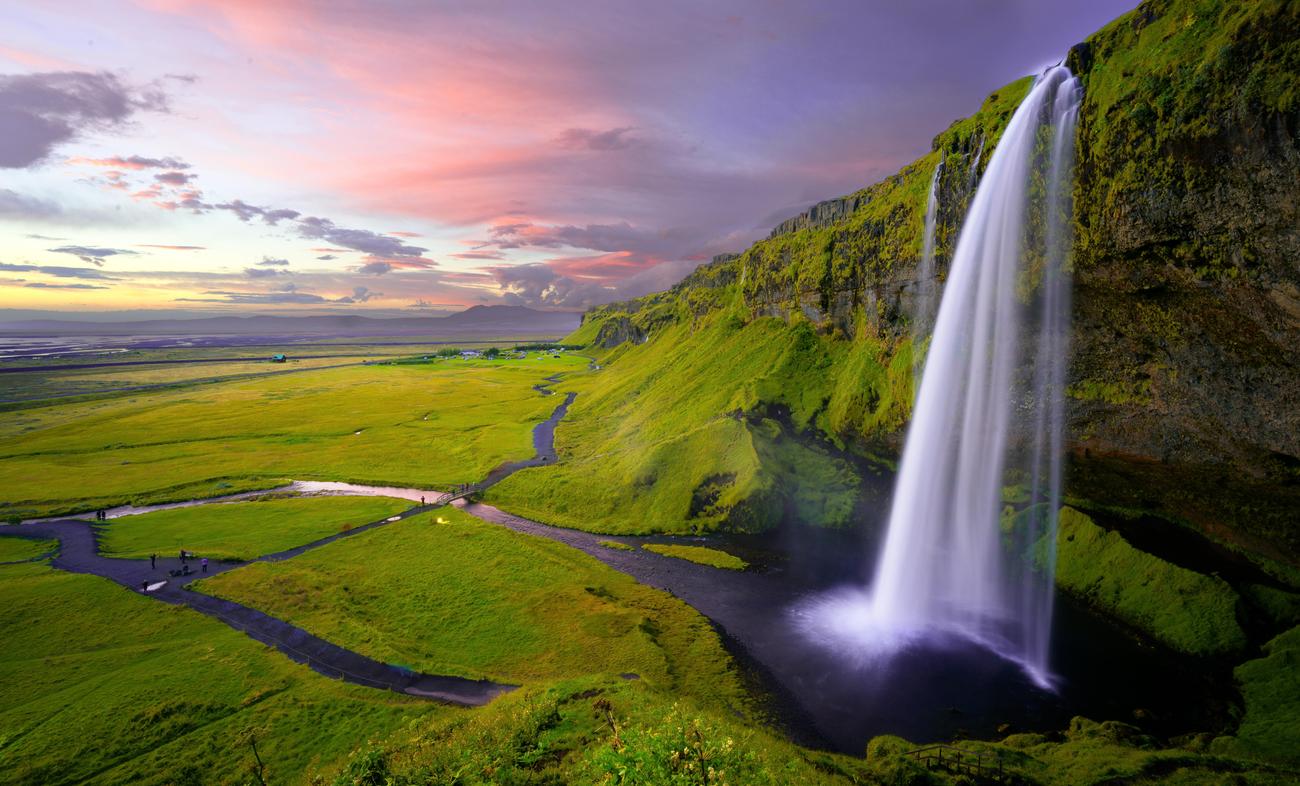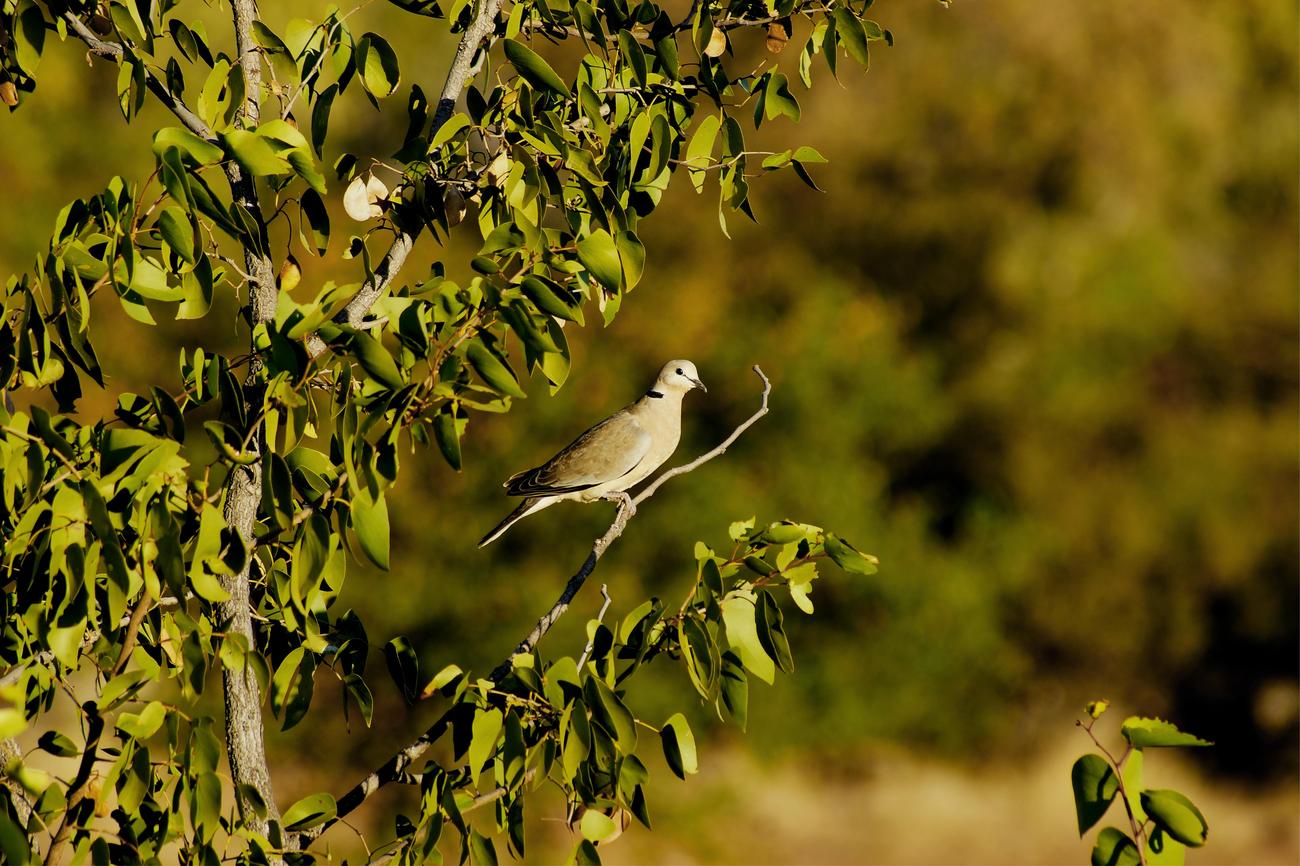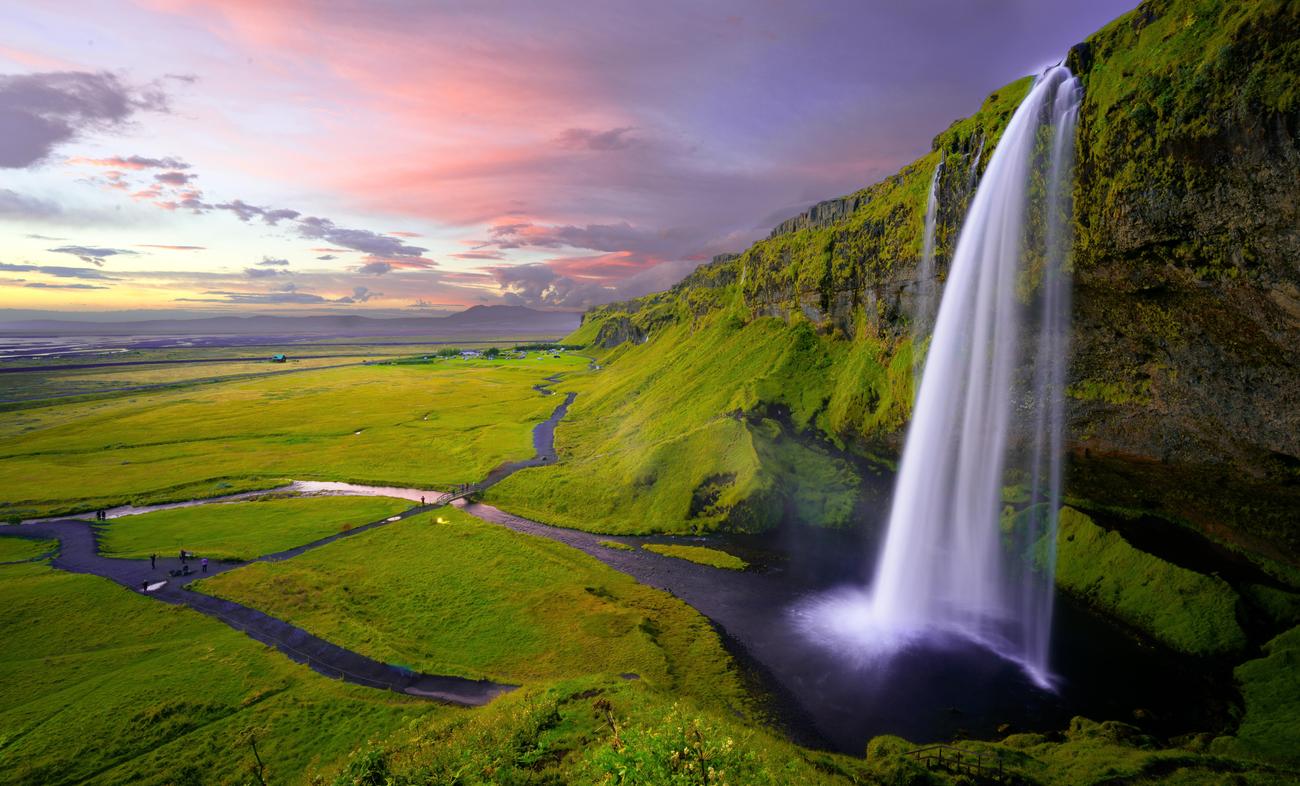Unveiling Botswana’s Rich Tradition and Culture

Embarking on a journey through the dazzling tapestry of traditions and cultural heritage in Botswana is akin to delving into a treasure trove of captivating stories and captivating customs. With its thriving communities and diverse ethnic groups, this southern African gem boasts an incredibly vibrant cultural landscape. From the enchanting oral traditions passed down through generations to the mesmerizing dances that tell tales of ancient wisdom, Botswana holds a rich tapestry of traditions waiting to be explored. As an experienced cultural researcher and writer with a deep-rooted passion for anthropology, I am privileged to guide you through the intricate nuances and profound meanings behind Botswana’s tradition and culture. Together, let us embark on an enlightening journey that unveils the captivating soul of Botswana’s cultural heritage.
What is Botswana tradition and culture?
Botswana, a landlocked country in Southern Africa, is known for its rich tradition and vibrant culture. The people of Botswana hold their customs and heritage close to their hearts, passing them down from generation to generation. From food to clothing, from marriage traditions to religious beliefs, Botswana’s culture is a tapestry of diverse customs that weave together to create a unique and fascinating identity.
Food: One cannot talk about Botswana’s culture without mentioning its delicious cuisine. The staple food in Botswana is sorghum or maize porridge, which is consumed in most meals. This porridge, known as “pap” or “phaleche,” forms the foundation of many traditional dishes. Picture a warm bowl of phaleche accompanied by succulent grilled meat, and you have a taste of Botswana’s culinary heritage.
“The tantalizing aroma of grilled meat fills the air, while the creamy phaleche comforts the soul—Botswana’s cuisine is a delightful celebration of flavors.”
Marriage: Each ethnic group in Botswana has its own unique marriage traditions, adding to the country’s cultural diversity. For instance, the Tswana people practice lobola, a customary exchange of cattle or goods between the families of the bride and groom. This tradition symbolizes the joining of two families and is a significant part of their cultural heritage.
“In Botswana, the journey towards marriage is not just about the individuals but represents the unification of families, bridging traditions and fostering unity.”
Clothing: Batswana, the people of Botswana, take pride in their attire and view clothing as an important aspect of their cultural customs. Traditional attire showcases vibrant colors, intricate patterns, and detailed embroidery. But it’s not just the clothing itself that matters; Batswana emphasize lengthy greetings and asking each other questions as part of their cultural customs. It’s a way to connect, express respect, and show interest in one another’s lives.
“In Botswana, clothing is more than just fabric; it’s a vessel through which connections are forged, respect is shown, and stories are shared.”
Religion: Botswana is a diverse land where a multitude of religious beliefs and practices coexist. Christianity, Islam, and traditional African religions are all followed by different communities. Religious ceremonies and rituals play a significant role in the lives of Batswana, providing them with a sense of identity and spiritual connection.
“In Botswana, spirituality manifests in countless forms, reflecting the mosaic of beliefs that thrive within the hearts of its people.”
Secular celebrations: Holidays in Botswana are occasions for joy and revelry, often consisting of four-day weekends. Festivals like Boipuso, which celebrates Botswana’s independence, bring people together to commemorate their freedom. These celebrations are marked by cultural performances, music, dance, and traditional sports, offering a glimpse into the heartbeat of Botswana’s society.
“In Botswana, celebrations are more than just festivities; they are a reflection of the collective spirit and shared experiences that bind a nation together.”
Arts and Humanities: Botswana’s support for arts and cultural activities is evident in its thriving artistic community. From dancers gracefully expressing stories through their movements to talented artisans crafting intricate sculptures and jewelry, Botswana’s arts scene is a true testament to the country’s creativity and appreciation for its rich cultural heritage.
“In Botswana, creativity is a language that transcends barriers, narrating tales of the past, celebrating the present, and envisioning the future.”
Cattle: Cattle hold immense importance in Botswana’s society and economy. They symbolize wealth, social status, and provide sustenance for communities. Cattle ownership is deeply intertwined with cultural practices, with rituals and ceremonies centering around cattle playing a significant role in Botswana’s traditions.
“In Botswana, cattle are more than livestock; they are a cornerstone of community, a source of pride, and a reflection of prosperity.”
Totems: In Botswana, many groups have animals as their group totems, symbolizing their lineage and identity. These totems serve as a powerful connection to the natural world and ancestral heritage. They highlight the deep respect and harmony Batswana have with nature.
“In Botswana, totems are windows into a lineage’s past, protectors of traditions, and guides towards a future rooted in harmony.”
Village heads or chiefs (kgosi): The village heads, or chiefs, known as kgosi, play a crucial role in looking after the affairs of the community. They are respected figures who ensure the preservation of traditions, resolve disputes, and assist in community development. The kgosi embody the wisdom and leadership that have guided Batswana throughout history.
“In Botswana, the kgosi is the backbone of the community, a beacon of wisdom, and a guardian of cultural heritage.”
Conclusion:
Botswana has a rich cultural heritage that is expressed through its traditions and customs. From the delicious cuisine to the diverse religious beliefs, from vibrant celebrations to the symbolic significance of cattle, Botswana’s tradition and culture are a tapestry of customs that reflect the country’s identity and history. It is a land where tradition meets modernity, where the past is celebrated, and the future is envisioned. To truly understand Botswana’s essence is to immerse oneself in its vibrant culture—an experience that unveils the beauty and depth of this remarkable nation.
“Botswana’s tradition and culture form the beating heart of its society—a timeless melody that resonates with the soul of all who explore its depths.”
Botswana is a fascinating country that boasts a rich and diverse culture, breathtaking landscapes, and incredible wildlife. If you’re curious about discovering intriguing facts about Botswana, then you’re in for a treat! Check out our collection of captivating information about this remarkable country in our article on interesting facts about Botswana. From the majestic Okavango Delta to the awe-inspiring Kalahari Desert, prepare to be amazed as you delve into the wonders that Botswana has to offer. So why wait? Click the link and embark on a virtual journey to uncover the hidden treasures of Botswana.
Major Cultural Practices of the Tswana People
[youtube v=”82Kgf1XzwGk”]
The Unique Traditions and Customs of the Tswana Tribe
The Tswana people, a Bantu-speaking ethnic group native to southern Africa, have a rich cultural heritage that distinguishes them from neighboring communities. They are known for their distinct language, traditional dances, and elaborate wedding ceremonies. In the past, the Tswana chiefdoms were more structured than those of other communities, with a complex legal system and a hierarchy of courts and mediators. Punishments for crimes were severe, emphasizing the importance of upholding their customs and traditions.
Initiation Rituals and Coming of Age
One of the significant cultural practices of the Tswana people is the initiation ceremony, which marks the transition of their children into adulthood. During this ceremony, both girls and boys are taken to separate parts of the bush for a few months of initiation. While only boys undergo circumcision, all initiates participate in various developmental activities that teach them the values and responsibilities of adulthood. This elaborate ceremony is a crucial step in the social and cultural development of the Tswana youth.
Tswana Traditional Foods and Culinary Delights
Tswana cuisine is known for its delicious and unique dishes that are enjoyed by the community. Traditional foods such as pop samp, vetkoek, bogobe, morogo, and mupani worms hold a special place in Tswana culture. These delicacies are relished with great enthusiasm, emphasizing the importance of food in their customs and celebrations. The Tswana people take pride in their culinary heritage and enjoy sharing their traditional meals with family and friends.
Colorful and Meaningful Wedding Rituals
Weddings are important occasions in Tswana culture and involve several rituals between the families of the bride and groom. One significant ritual is the “bride wealth” or lobola, where the groom is expected to provide cattle heads as a dowry. Unlike in some other tribes, paying lobola is not compulsory before the wedding for the Tswana people. Their weddings are eventful and filled with traditions and celebrations, showcasing the rich cultural heritage of the community.
Traditional Beliefs and Practices
While Christianity is the predominant religion among the Tswana people, some still observe traditional rites, while a few others practice other religions. The Tswana people believe in the existence of ancestral spirits and the power they hold over the living. They perform befitting burials to honor the deceased and avoid the influence of evil spirits, witchcraft, or unhappy ancestors. The Tswana view death differently depending on the age of the deceased, with unique funeral practices for infants and children.
Contributions to Society and Cultural Heritage
Beyond their spectacular cultural practices, the Tswana people are known for their hard-working nature and significant contributions to society. They have produced successful individuals such as Patrice Motsepe, a billionaire mining tycoon, and Ian Khama, Botswana’s fourth president. These inspiring figures exemplify the resilience and determination of the Tswana people, showcasing their creativity and appreciation for their cultural heritage.
“The Tswana people hold immense pride in their customs and traditions, preserving them through generations and contributing to the vibrant cultural landscape of southern Africa.”

FAQ
What is the staple food in Botswana?
The staple food in Botswana is sorghum or maize porridge which is consumed in most meals.
What are the different marriage traditions in Botswana?
Different ethnic groups in Botswana have different marriage traditions.
How do Batswana greet each other?
Batswana emphasize lengthy greetings and asking each other questions as part of their cultural customs.
What are the religious beliefs in Botswana?
Botswana has diverse religious beliefs.
How long are holidays in Botswana?
Holidays in Botswana usually consist of four-day weekends.
- Revolution Space: Disruptive Ion Propulsion Transforming Satellites - April 24, 2025
- Race Through Space: Fun Family Game for Kids - April 24, 2025
- Unlocking the Universe: reading about stars 6th grade Guide - April 24, 2025
















